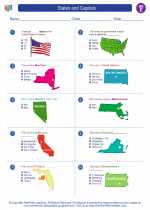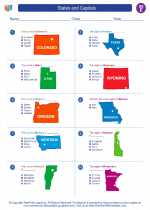Equity in Social Studies
Equity refers to the concept of fairness and justice in society. It involves ensuring that everyone has access to the same opportunities, resources, and rights, regardless of their race, gender, socioeconomic status, or other characteristics. In social studies, equity is an important principle that guides efforts to create a more just and inclusive society.
Key Concepts
- Fairness: Equity is about treating everyone fairly and impartially, and ensuring that no one is disadvantaged or discriminated against.
- Justice: Equity involves addressing historical and systemic inequalities to ensure that all individuals and groups have equal access to opportunities and resources.
- Inclusivity: Equity promotes the inclusion of diverse perspectives and voices, and recognizes the value of different experiences and identities.
- Advocacy: Advocating for equity involves taking action to challenge and change systems and policies that perpetuate inequality and discrimination.
Examples of Equity in Action
Studying real-world examples of equity in action can help students understand how the principle of equity is applied in various contexts. Here are some examples:
- Educational Equity: Ensuring that all students have access to quality education, regardless of their background or circumstances.
- Gender Equity: Promoting equal opportunities for people of all genders and working to eliminate gender-based discrimination.
- Racial Equity: Addressing historical and systemic racism to ensure that all racial and ethnic groups have equal opportunities and rights.
- Environmental Equity: Working to address environmental injustices that disproportionately affect marginalized communities.
Study Guide
To study equity in social studies, students can use the following study guide:
- Define equity and explain its importance in creating a fair and just society.
- Identify examples of inequity and discrimination in historical and contemporary contexts.
- Discuss the impact of inequity on individuals, communities, and society as a whole.
- Examine efforts and movements aimed at promoting equity and social justice.
- Analyze the role of individuals, organizations, and governments in advancing equity and addressing systemic inequalities.
By understanding the concept of equity and studying its applications in various social, political, and economic contexts, students can develop critical thinking skills and a deeper appreciation for the importance of fairness and justice in society.
.◂Social Studies Worksheets and Study Guides Fifth Grade. States and Capitals

 Worksheet/Answer key
Worksheet/Answer key
 Worksheet/Answer key
Worksheet/Answer key
 Worksheet/Answer key
Worksheet/Answer key
